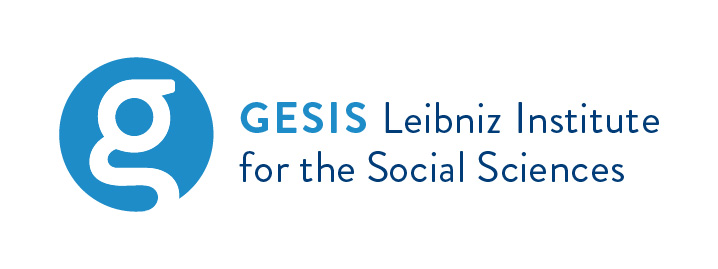Plagiarism in Student Papers: An Empirical Study Using the Triangular Model
Abstract
Plagiarism in Student Papers: An Empirical Study Using the Triangular Model Sensitive questions in social surveys often yield problems such as item nonresponse and response bias. Yu, Tian and Tang (2008) proposed two new models to overcome these problems: the crosswise model (CM) and the triangular model (TM). Both models can be seen as an alternative to the well-known randomized response technique (RRT) and are meant to overcome most of its drawbacks. While the CM has already been applied empirically (Jann et al. 2012), no evidence for the TM exists. We therefore present first results of an empirical survey conducted at the University of Leipzig comparing direct questioning and the TM. Students were asked to self-report whether they ever have plagiarised in one of their term papers. The results show that under the TM condition a higher percentage of students admit plagiarism than under direct questioning. This and the fact that the TM is very easy to implement show that the TM is a promising alternative to direct as well as indirect questioning such as the RRT.
Full Text:
PDF (Deutsch)DOI: https://doi.org/10.12758/mda.2013.017
Refbacks
- There are currently no refbacks.
Copyright (c) 2017 Julia Jerke, Ivar Krumpal

This work is licensed under a Creative Commons Attribution 4.0 International License.

